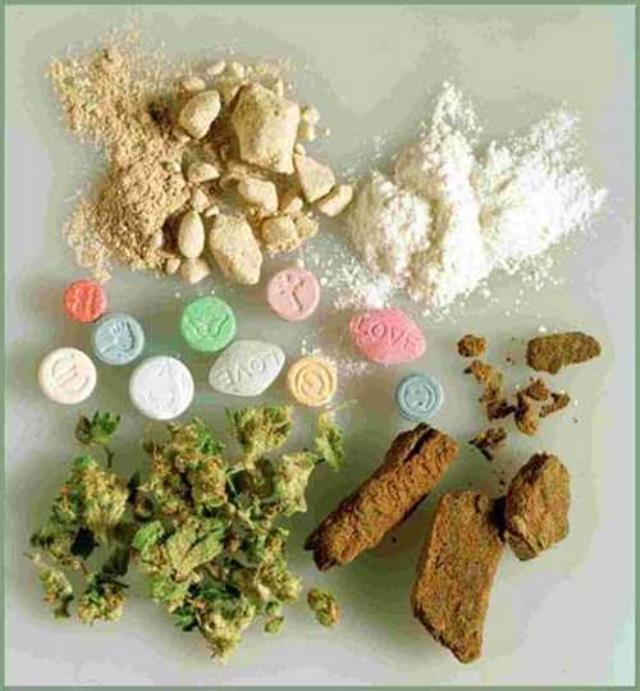International Day Against Drug Abuse and Illicit Drug Trafficking is a day set aside by the United Nations for member countries to unite against drug abuse and illegal drug trade. The essence is to highlight the dangers of drug use illegal trade.
According to a report, about fourteen point three percent of Nigeria’s population, that is, fourteen point four million Nigerians are users of drugs. Though the world’s drug use prevalence rate is five point six, drug use prevalence rate in Nigeria stands at fourteen point four.
Looking at this prevalence rate by regions, North Central zone is ten percent, Northeast stands at thirteen point six percent, Northwest has twelve percent, Southeast stands at thirteen point eight percent, Southwest twenty-two point four percent, while South South has sixteen point six percent.
The report shows that the people deeply involved in drugs in Nigeria are youths aged between fifteen and sixty-four and that the drug mostly abused is Cannabis sativa, popularly called Igbo or We-We, which is cultivated in commercial quantity in several communities in Nigeria.
The theme for this year’s celebration is, “Better Knowledge for Better Care”. It reminds us that if the society is better informed, the fight against Drug Abuse and Illicit Trafficking will be won easily through love and not hate. This is because drug use disorder is a multi-factorial health issue, starting from one’s make up to his environment.
This belief often leads to stigmatization of drug users, which in turn makes it impossible for them to seek help from people. This, often, leads to low self-esteem of the users, who would prefer to do it in isolation. People use drugs for different reasons such as genetics, mental health, environment, peer and social pressure, stress or depression among others.
People should understand that drug use disorder is as a result of a complex interplay of factors that are often out of the control of the individual. Hence, drug users should be shown love and not hate as it is not self-acquired. They should not be punished. Rather, all hands must be on deck in the dissemination of a verified content that is aimed at improving people’s understanding about drug problem.
Anti-drug stakeholders all over the world are expected to embark on actions and activities that will bring to the fore issues pertaining to the scourge of drug abuse and Illicit drug trafficking to educate the public about issues of drug problems, mobilize political will and resources to address the global problem, celebrate and reinforce achievements made by stakeholders.
Owing to coronavirus, access to treatment and some other interventions for drug dependent persons has become more difficult as all efforts are presently focused on the pandemic. Hence, experts fear that there may be a more virulent drug abuse after the pandemic since there have been a lot of experimentation and self-medication in the wake of the pandemic in the guise of prevention or cure.
There are chances that many of them may end up becoming addicted to the concoctions and coming out will become more difficult. One of the consequences of drug abuse, however, is the decline in immunity as drugs attack the lungs, liver, kidney, heart and other organs of the body, thereby making dependent persons equally susceptible to coronavirus.
There may also have been a decline in access to drugs during the lockdown. It is equally possible that drug users may have been compelled to cut down on drug consumption. However, this has severe withdrawal syndrome implications, which pose danger to the user, his family and society at large.
Therefore, it is often better and safer to “Develop Our Lives, Our Communities, Our Identities Without Drugs” but with “Better Knowledge for Better Care”.





Comments are closed for this post.